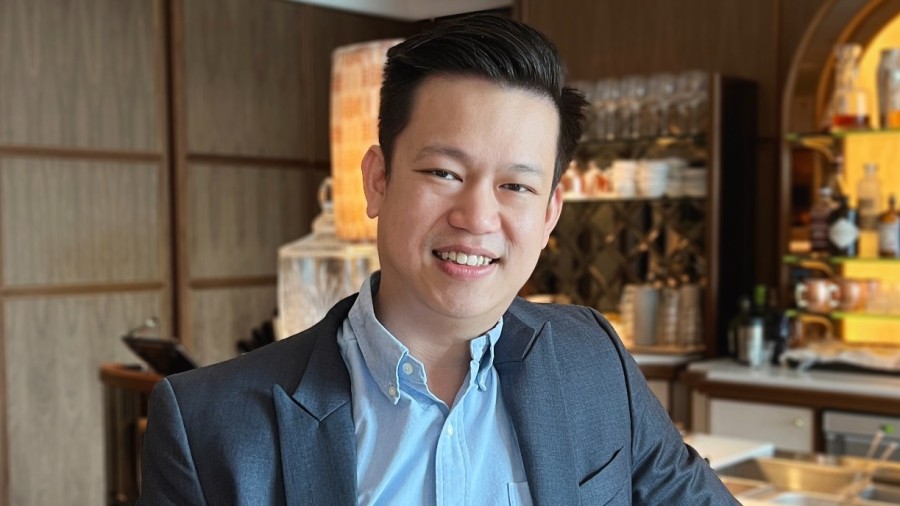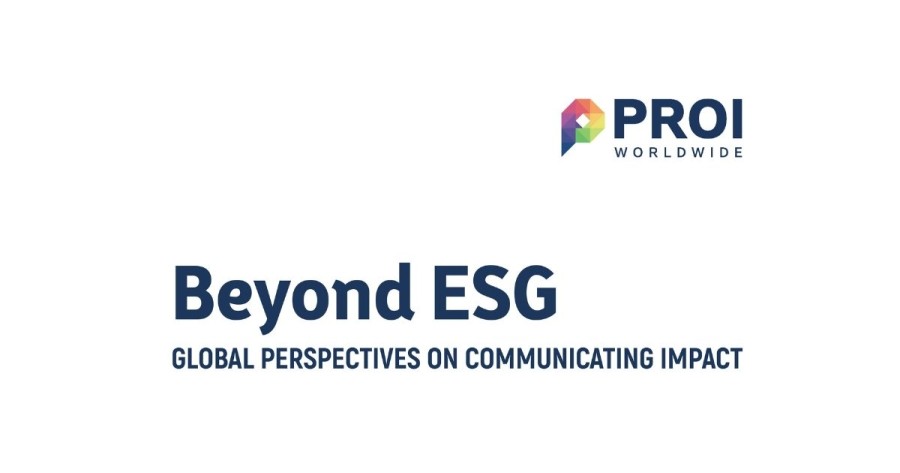Congratulations on your recent appointment at Sofitel! With over 22 years of experience as a PR professional in the hospitality sector, what key changes have you observed in this industry?
Over the years, the role of digital communication has evolved dramatically. With the rise of social media and online platforms, guests now expect immediate responses to enquiries, and their experiences are often shared with a global audience in real-time. This shift has made transparency and authenticity in communication more important than ever.
Another key change is the growing emphasis on sustainability and responsible tourism. Guests are more conscientious about their environmental footprint and are seeking brands and destinations that align with their values. Hotels and resorts are now integrating sustainable practices into their operations and communications, from energy-efficient initiatives to local community engagement, and we, at Sofitel, are deeply committed to promoting sustainability in all that we do.
Additionally, the rise of personalisation has transformed guest expectations. Through advanced data analytics, hotels are now able to tailor services and experiences to individual preferences, enhancing customer satisfaction. Guests want to feel valued as individuals, and brands that can meet this demand stand out in an increasingly competitive market.
Lastly, the importance of health and wellness has surged, especially in the post-pandemic world. Travelers are seeking destinations that not only offer luxury and relaxation but also prioritise mental and physical well-being through curated wellness experiences, spa offerings and healthy dining options.
In today’s digital era, where misinformation and negative perceptions can spread rapidly, what is your best advice for managing and overcoming such challenges online?
The key to managing these challenges are transparency, speed and authenticity.
My best advice is to always be proactive in monitoring online platforms for mentions of your brand. Using social listening tools allows us to address potential issues before they escalate.
When negative comments arise, respond swiftly with a calm, respectful and fact-based approach. Acknowledge concerns, provide clear information, and if necessary, offer solutions. It's essential to show empathy and transparency, which can help build trust even in challenging situations.
In addition, encourage positive stories by sharing authentic guest experiences and user-generated content. Satisfied guests are often our best advocates and can help counterbalance any negativity. Lastly, stay consistent in your messaging and ensure that all communications reflect your brand’s values and commitment to quality service.
By staying agile, responsive, and authentic, you can turn challenges into opportunities to strengthen your reputation and maintain positive relationships with your audience. At Sofitel Bali, we focus on creating memorable experiences that speak for themselves, building long-term trust with our guests.
In a competitive market like Bali, what key PR strategies does your team prioritise to create a strong and lasting brand presence that resonates with your guests?
To create a strong and lasting brand presence, we require a strategic blend of authenticity, engagement and relevance. At Sofitel Bali Nusa Dua Beach Resort, we prioritise the following key PR strategies:
- Authentic storytelling
- Building relationships with influencers & media
We’re building stronger relationships with influencers and media to create authentic, engaging content that reflects the unique experiences we offer. By hosting press trips and influencer stays, we create authentic, positive coverage that reaches the right audiences.
- Leveraging social media & user-generated content
- Sustainability & community engagement
With stakeholders spanning from Gen X to Gen Z and diverse cultural backgrounds, how do you tailor your communication strategies to ensure they resonate effectively across such varied audiences?
There are a few key strategies that we implement to ensure our messages resonate with varied groups. Firstly, we need to tailor messaging for each generation. We recognise that different generations engage with content in different ways. For example, Gen X tends to appreciate more detailed, informative content and values a sense of tradition and reliability.
In contrast, Gen Z is more drawn to short, visually striking content and seeks experiences that are unique, authentic, and aligned with their values, such as sustainability and social responsibility. By customising our messages and focusing on what matters most to each group, we ensure we are speaking to them in a way that resonates.
Second, consider where each audience spends their time, by leveraging the right platforms. For Gen X, we focus on platforms like Facebook and email newsletters, where they are more likely to engage with long-form content, offers, and detailed information about our services.
For Gen Z, we prioritise Instagram, TikTok, and YouTube, focusing on visually compelling content and short, engaging videos. This ensures our messages are seen where our audiences are most active and in the format they prefer.
Lastly, create an interactive and engaging content. To appeal to Gen Z in particular, we create opportunities for interaction, such as interactive social media campaigns, live chats, or Q&A sessions with our team. This group values engagement and wants to feel connected in real time.
For Gen X, we might focus more on detailed content about the resort’s amenities, services, and our commitment to guest satisfaction, while also offering loyalty programs or special promotions that align with their lifestyle.



